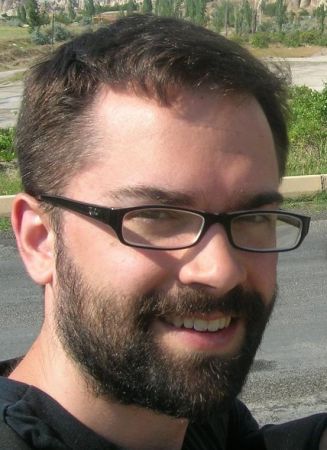Lehigh’s Institute for Data, Intelligent Systems, and Computation (I-DISC) will host a solid-state materials chemistry and data science hackathon March 26-28, 2020, in collaboration with the University of Utah, Cornell University, and the University of Wisconsin–Madison.
During SSMCDAT2020, teams comprised of both solid-state materials chemistry (“ssmc”) researchers and data (“dat”) scientists will work together to apply advanced data science methods to address important, challenging problems in solid-state materials chemistry. The goal of the event, which is supported by a grant from the National Science Foundation, is to spark new collaborations and explore novel approaches.
“The strength of Lehigh’s ISE research, much of which sits at the intersection of data science and applied mathematics, attracted the attention of materials science researchers to consider the university as a site for this event,” says Frank E. Curtis, an associate professor of industrial systems and engineering (ISE) who is affiliated with I-DISC and serves as the ISE department’s director of graduate studies.
Curtis volunteered to help bring the event to campus, “knowing first-hand that we have a great environment for this kind of collaborative workshop,” he says.
The three-day workshop will center around a number of research topics with small, interdisciplinary teams assigned to each problem. Several hours each day will be dedicated to collaborators explaining their problems and techniques, brainstorming ideas, and working through data and code as a group. The teams will also interact as a large group each morning and afternoon with short research updates followed by group discussions. Keynote speakers will present on data science broadly applicable to solid-state materials chemistry.
Curtis says that successful teams will be ones that can leverage materials science expertise with a willingness to explore new data science technology, including deep learning, reinforcement learning, and visualization tools.
He hopes the hackathon will be a way to showcase to visitors what Lehigh has to offer, while also inviting Lehigh’s participants to learn from scientists from other universities. He also envisions the event sparking continued collaboration, with the most successful teams pursuing additional funding and resources to build upon their successful projects.
—Isabela Madrigal '20 is a student writer for the P.C. Rossin College of Engineering and Applied Science

